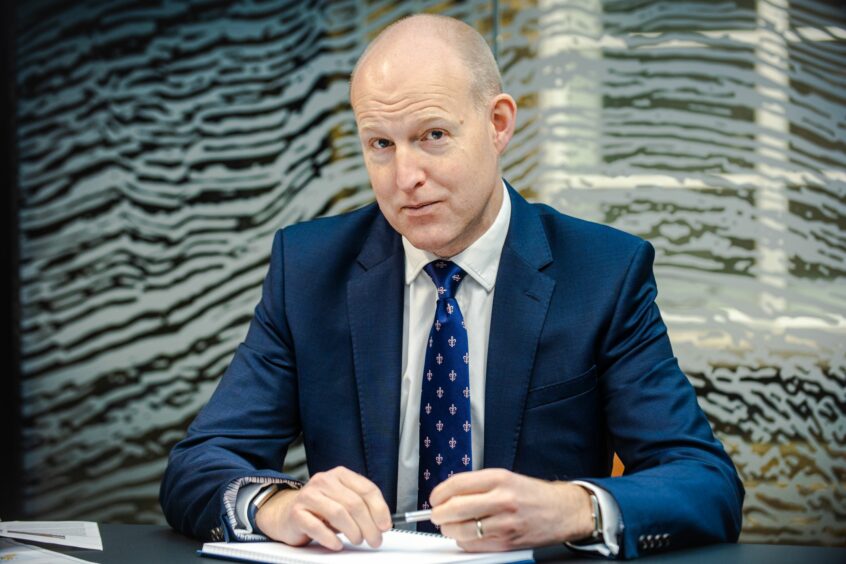
Deltic Energy (AIM: DELT) has been granted an extension to progress discussions with potential buyers of its share in the UK’s Pensacola project.
The firm will now have until 12 June, next Wednesday to sell off the stake that it has previously had trouble shifting.
Previously, the London-based business had until the end of May to find a buyer.
Deltic has acknowledged it may face difficulty, writing: “There is however no guarantee that discussions will be concluded successfully within that timeframe and, in such circumstances, Deltic will be required to withdraw from the Pensacola licence and transfer its interest in Pensacola to its joint venture partners.”
Earlier this year, analyst firm RPS Energy put Deltic Energy’s 30% stake in the Shell-operated Pensacola discovery at $200m.
Research from RPS Energy, commissioned by Deltic, said the firm’s share was (NPV10) $205m based on a combined oil and gas find, and $199m in a gas-only case.
Drilling and assessment of Pensacola recently confirmed it as the largest discovery in the southern North Sea in a decade as 72.6 million barrels of oil equivalent in a gas and oil case.
Previously the UK oil company has blamed the country’s controversial energy profits levy (EPL), or windfall tax, for a lack of interest in its stake in the field.
Since the introduction of the windfall tax 90% of UK operators have cut spending in UK waters.
This has led to firms such as the UK’s largest producer of oil and gas, Harbour Energy, looking overseas to diversify its portfolio.
Deltic chief executive Graham Swindells previously chalked up his firms’ issues with the development to oil and gas being used as a “political football at a time when energy security is of paramount importance.”
He said in April: “Given the impact of fiscal and political uncertainty on investment decisions we have seen a shift away from investment in larger standalone projects, like Pensacola, towards more affordable, lower risk opportunities which defer decommissioning or increase infrastructure life such as Selene, and the Company’s Syros prospect in the Central North Sea, where we have seen an enhanced level of interest.”
Recommended for you
